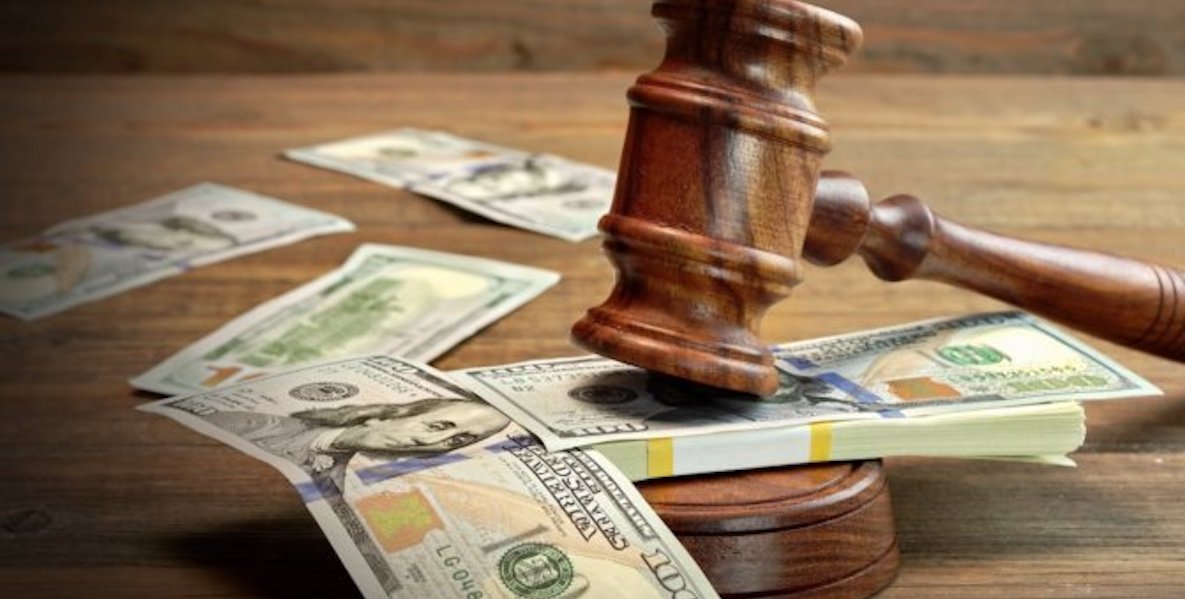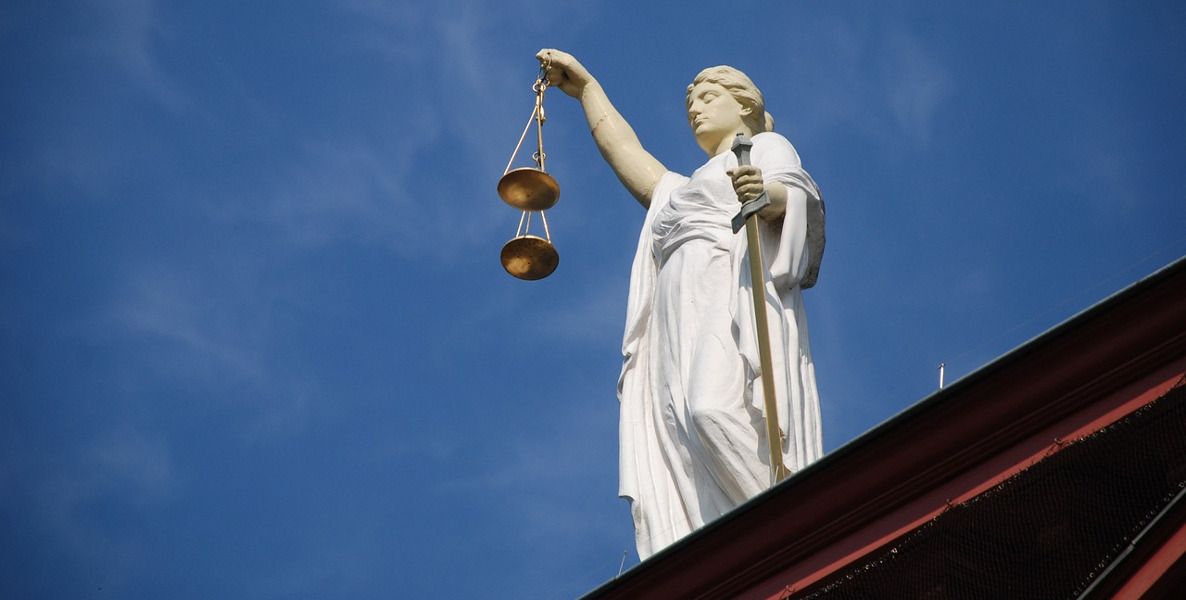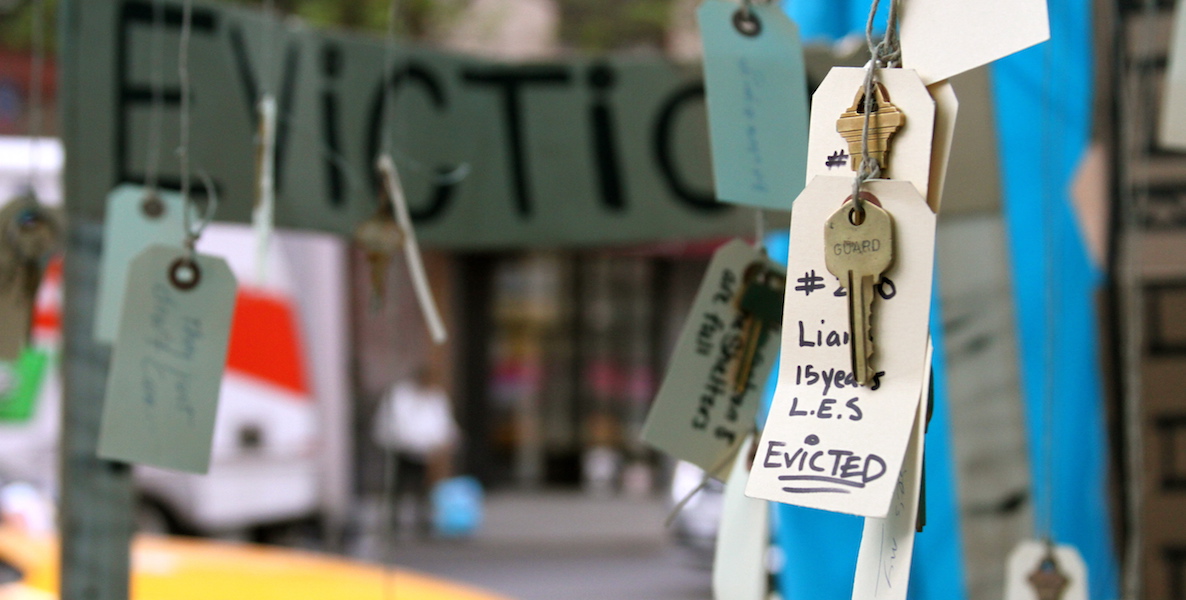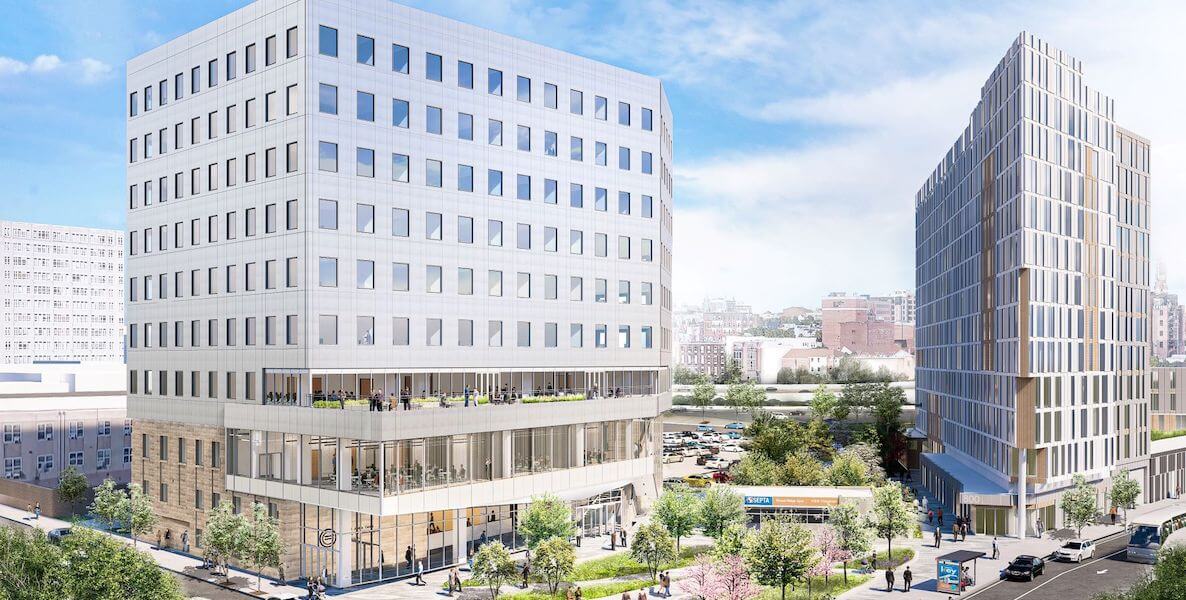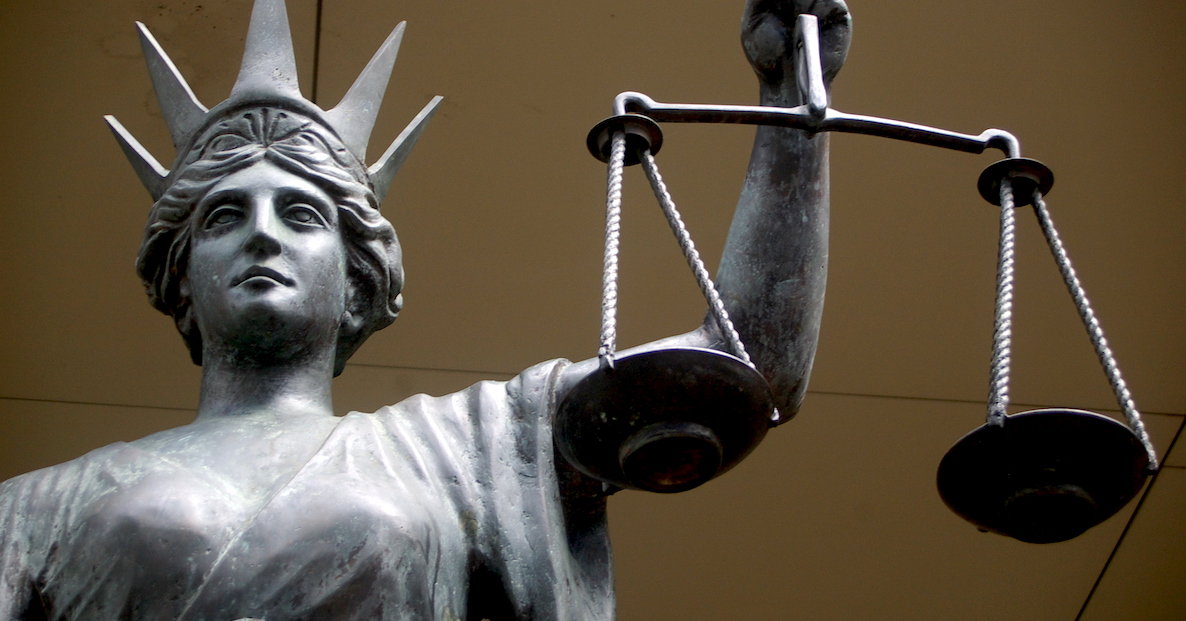I became a lawyer because of Wendell Grimke Freeland.
In the 1940s, Mr. Freeland was a Tuskegee airman who became the second black student to graduate from the University of Maryland School of Law. In the 1950s, he sued to desegregate public swimming pools in Pittsburgh.
![]() Over a career that ran from the Jim Crow era through the presidency of Barack Obama, he went on to represent people on employment and housing issues and in landmark civil rights cases.
Over a career that ran from the Jim Crow era through the presidency of Barack Obama, he went on to represent people on employment and housing issues and in landmark civil rights cases.
Mr. Freeland taught me and many others that our humanity is diminished when the powerless and the penniless are systematically denied the simple justice we take for granted. He often worked for nothing more than the honor of helping someone who was facing potentially devastating circumstances but couldn’t afford to pay a lawyer’s fee. He referred to his law degree as “a ticket to a civil rights fight.”
Everyone deserves an opportunity to receive fair and forceful representation, regardless of how much money or influence they bring. I believe the Equal Justice Center of Philadelphia is the most important endeavor ever undertaken to get us there.
Scheduled to open in Center City in 2022, the EJC will be a state-of-the-art office non-profit collaborative center, a home for Philadelphia civil legal-aid nonprofits.
Fourteen organizations are signed on so far, including the Women’s Law Project, the ACLU, Community Legal Services and the Public Interest Law Center. The EJC will guarantee them affordable rent for at least 30 years. Tenants will take advantage of shared meeting spaces, information technology and other resources. There are plans to include a legal incubator, mentoring law-school graduates who wish to provide pro-bono legal services as Wendell Freeland did.
Most important of all, those in need of legal services will be able to walk into a welcoming lobby and be directed to someone who can help, regardless of their ability to pay.
Behind the audacious plan and the building’s exquisite design is nothing less than a solemn commitment to accomplish something profound: the reconciliation of lofty promises on long-faded pieces of parchment with the complex economic and social realities of urban America today.
We live in an era when the problem of access to courts for indigent persons is devastating not only to our shared promise of equal justice under law, but to the individuals most affected, their families and their communities. Until we all see that these are our communities, our families, and our rights, that sacred promise will remain unfulfilled.
Everyone deserves an opportunity to receive fair and forceful representation, regardless of how much money or influence they bring.
The very idea of the Equal Justice Center is premised upon that vision. Its very purpose is to offer a comprehensive, full-service means to bridge the gap between the haves and the have-nots in our system of justice.
![]() As Jessica Hilburn-Holmes, executive director of the Philadelphia Bar Foundation, has written, 80 percent of Philadelphians facing economic hardship are navigating high-stakes legal situations without a lawyer. We know that when people who can’t afford a lawyer appear in court to take on a custody matter, an eviction notice or any other potentially life-altering dispute, they suffer.
As Jessica Hilburn-Holmes, executive director of the Philadelphia Bar Foundation, has written, 80 percent of Philadelphians facing economic hardship are navigating high-stakes legal situations without a lawyer. We know that when people who can’t afford a lawyer appear in court to take on a custody matter, an eviction notice or any other potentially life-altering dispute, they suffer.
This, in turn, has severe economic consequences. When an indigent person cannot afford a lawyer and is unfairly evicted from public housing, that person and his or her family will need even greater public assistance. When a person is wrongly dismissed from a job but cannot pay for a lawyer, the likelihood that they will prevail alone against an employer represented by an experienced attorney is almost nil. This too increases costs to society, in the form of unemployment benefits, housing issues and general sustenance needs.
When we add the impact that unemployment, poverty and homelessness have on education outcomes, crime and other issues in our communities, it’s not hard to see that a lack of access to the courts, and in particular to effective legal representation, ultimately affects us all.
The Equal Justice Center will provide the means to address all of this. That’s important, because it not only enhances our capacity to live up to our most fundamental values; it also allows us to improve the overall health and well-being of our most underserved communities. When we do that, we are improving ourselves and our nation.
Those who have the least are just as entitled to top-shelf justice as the most privileged among us. The Equal Justice Center will provide fourteen different versions of Wendell Freeland’s commitment to fight for every family and provide the guidance and assistance they need to rise and stay risen. This is a legacy we must preserve.
Timothy K. Lewis was the youngest federal judge in the United States when appointed to the U.S. Court of Appeals for the Third Circuit by President George H. W. Bush in 1992. He currently is an attorney at Schnader Harrison Segal & Lewis.
Rendering courtesy WRT


